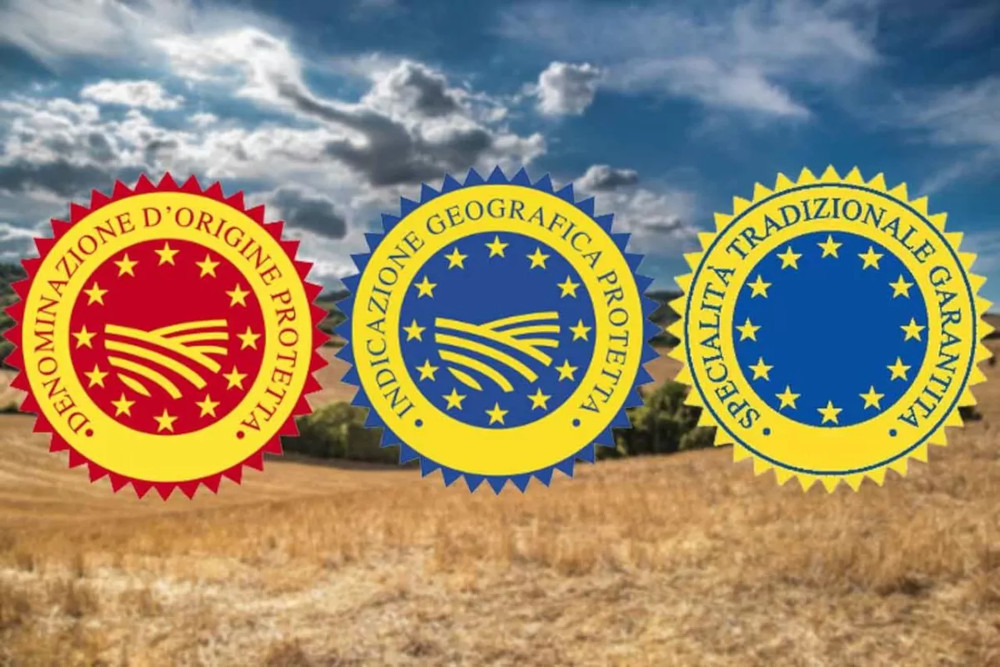The European Parliament has given final approval to the new regulation concerning the PDO and PGI system, enhancing protections for designated origins, fostering increased transparency for consumers, and strengthening the role of consortia.
After a lengthy legislative process that commenced in October 2020, the final measure will take effect in April 2024. This new regulation marks a significant advancement for European geographical indications (with over 3,600 registered quality marks in the European Union), particularly benefiting PDO and PGI products. It enhances protection, valorization, and international promotion of European quality products. Certified productions will benefit from legislation aimed at empowering consortia, thus shielding them from unauthorized attempts at imitation and emulation, such as Italian Sounding.
In particular, the new EU regulation specifies that applications for registering "evocative" products, which might be confused with already existing PDO or PGI names, will no longer be accepted. Nevertheless, it's crucial to understand that this regulation won't have a retroactive impact, meaning existing registrations will be reviewed on a case-by-case basis by the Commission.
Moreover, this regulation provides enhanced safeguards for PDO and PGI products in the digital realm by introducing a geoblocking system to prevent access to content that infringes upon these designations. Additionally, in cases where Protected Geographical Indications (PGIs) are employed as ingredients, producers are obligated to notify the respective consortium of their usage.
New business opportunities for producers and distributors
European producers can benefit from these new measures, as well as importers, distributors, retailers, and food service operators. In particular, Italian food producers have greeted the new regulation on the European system of geographical indications (GI) with enthusiasm, as it upholds Italy's leadership within the European Union, boasting 892 recognized products, comprising PDO and PGI.
Beyond safeguarding geographical indications, the regulation is dedicated to preserving the authenticity and reputation of European products. This endeavor seeks to address issues such as "fake Made in Italy" in the food sector, ensuring consumers have access to informed, conscious, and high-quality choices (to delve deeper into the phenomenon of Italian Sounding and analyze which Italian products are most imitated: "Italian Sounding in the agri-food sector: fake Made in Italy threatens the authenticity of Italian products worldwide").
Through an in-depth examination of consumer trends, we can better gauge the impact of the new regulation. The authenticity and provenance of products play increasingly pivotal roles in consumer purchasing decisions. Italian Sounding, seen as a practice that falls short of meeting these criteria, is progressively losing its appeal for those who continue to employ it.
For this reason, investing in authentic products, in compliance with the certifications and regulations that safeguard their quality and origin, is essential to maintain the reputation and prestige of distributors and retailers. It also represents a business opportunity to attract informed and discerning customers.



